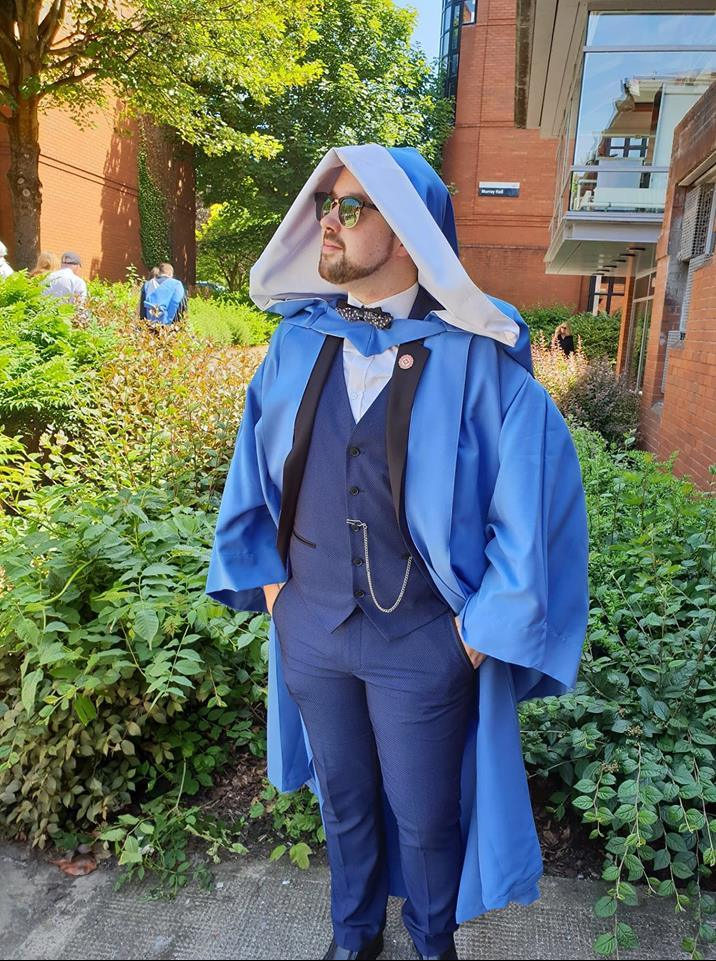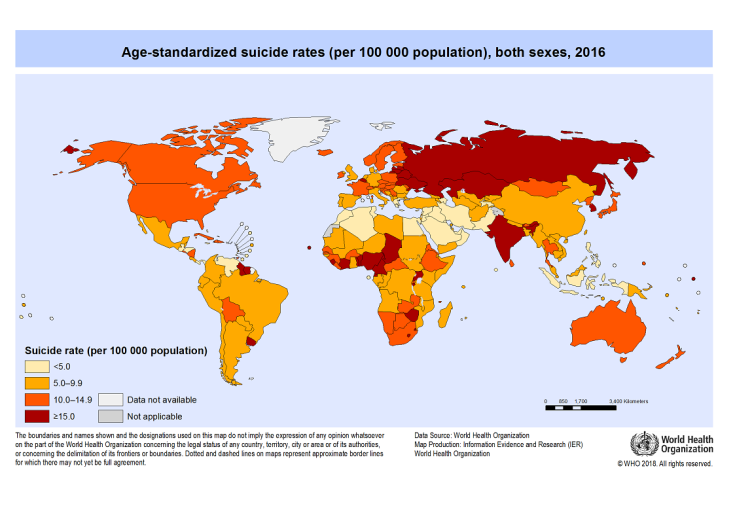Alert: This is a Thinking Spaces opinion piece not an official piece of academic research – please engage and remember: these are often musings, not findings
Continuing with #mentalhealthweek in this post I shout out to all my fellow supervillains (academics) who are often dealing with very serious mental health issues.
Doctor Hugo Strange, Doctor Doom, Doctor Moriarty, Doctor Octopus, Doctor Hurt, Doctor Demonicus, Doctor Light, Doctor Polaris, Doctor Horrible, Doctor Robotnik, Doctor Jekle, Doctor Mindbender… the list goes on and on. My question: why do some many with doctoral degrees choose the life of the supervillain? Is it because of their intelligence level which combines to arrogance to set them above the rest? Is it because they see opportunities where others do not? Maybe it’s because they want to change the world for the better and become twisted along the way; traditionally if you wear a cape and do this you are called a supervillain, however, if you wear formal wear, then you are a politician.

I have a theory: is the reason that they turned to extreme measures perchance that they were repeatedly unable to secure funding, a secure position, or be accepted for publications? I can see that happening. I myself am just three rejections away from a very nice dark purple lycra onesie complete with blue robe/cape. #drchaotic

Fun (and manic laughter) aside. There is a serious aspect to these thoughts. I recently tweeted that Academics were like supervillains because we are continually beaten, berated, destroyed, and rejected – yet, like all the best supervillains, we tirelessly get back up, generate a new plan of attack, and head back into the field. What struck me as vaguely amusing at the time (another shower thought – which is where most of these posts come from) has bugged me ever since. Supervillains are not real. They are fictional antagonists to make the stories of heroes interesting. However, even in fiction, these characters display significant mental health issues. Extend the metaphor a little further into the world of academia, and the same self-destruction, desperation, and even devious deception can be said of those who work there.
A study within the USA in 2018 showed that 18% of graduate students over 8 Universities suffered from mental health issues. In the UK surveys showed that 33% of students had experienced suicidal thoughts in the past academic year, as well as 43% of academic staff exhibiting symptoms of at least a mild mental disorder. Academia is a cruel and fickle mistress.

Within a recent article a former PhD student explained: ‘When I began my course, my supervisor wrote an email that said: “PhDs are almost indispensable if you want to be an academic but it remains extremely difficult to get into the academic job market even with one, so please don’t walk into this lightly”’. I experienced a very similar conversation with my own supervisor within my first week of my PhD. A hollow conversation that destroyed my excitement of beginning my research and replaced it with anxiety and concern over my own work and ability. Over the years this anxiety grew and festered, compounded by negative or conflicting feedback, academic promises never fulfilled, bureaucratic red tape, and events of sabotage by fellow colleagues.

A popular series of blog articles by Dr Allison Harbin focused on her unpleasant experiences of lack support and how her supervisor had belittled her and her work before ultimately stealing her research and publishing it as their own. Harbin in later posts repeats several other stories sent to her following the publication of her blog.
Their stories go like this: a shy graduate student is bullied out of the field by their peers. A tenured professor’s work is stolen by another, higher ranking, professor, leaving them with little to no recourse. Graduate students’ work is stolen or belittled so fiercely that they leave. A professor stands up for a graduate student who was plagiarized, and receives low evaluations, and is therefore denied a promotion. An advisor and tenured professor writes in that they love their students and strive to protect them, but feel helpless to do so…

(sidenote: this image is from an excellent article on horror movies based in grad schools!)
Now not all experiences in graduate school and academia are like this of course. It may also be possible to argue that in some cases feelings of dismissal or negativity from supervisors or colleagues come from a desire to encourage you to be better, to succeed, or simply to get out of the rat race of academia because it is so entirely cutthroat. I was once told, very close to submission, by a colleague I had turned to for advice that my work was ‘a failure, and you are a fucking failure.’ Now I’m not really sure that this came from such a good place, but moments like this may often colour your view of others around you. Disappointment, resentment, and anger may often be displaced. The person you viewed as standing in your way, may very well be trying to protect you.
I read a tweet earlier in the week that discussed how the author had been told there was no time for kindness in early academic careers. The author then insightfully wrote that there is always another bid to apply for, always another academic step to climb; when is the time to be kind going to be? This leads me back to the supervillain metaphor. Villians notedly do not play well with others. Teamups in comics and movies of ‘baddies’ invariably turn to conflict, betrayal, and destruction. The exception to this is the excellent graphic novel ‘Wanted’ where the villains kill all of the heroes and rule supreme (which is well worth a read).

But this is often as unlikely in academic is it is in fiction. Academics do team up, they write articles, books, plan conferences, lessons etc – however behind the teamwork there all too often remains a discrepancy in shared work responsibility, constant feelings of imposter syndrome, and crushing weight of temporary contracts, rare openings, publish or perish, and the funding hamster wheel. Without support, feedback from applications, or rationale for rejections; is there any wonder why there are so many issues with mental health and attempted suicides in academia.

Some get out, many are happy working on the outside, but not all do, and nearly every Post Graduate student, current or former has a horror tale of their own. But like the supervillains, we are, after every beating and rejection, after every disparaging remark from a conference or online which keeps us awake at night, after every 40 hours spent on applications that are rejected without feedback, after feeling like you don’t belong and unable to appreciate your own and, sadly, often the success of others; WE GET BACK UP.

We plan, we go back to the drawing board, we look for our next opening. Academia is like playing 3d chess blindfolded on the back of a motorcycle whilst drunk and having had no one explain the rules – yet still, we get back up.
Bruised, broken, and with another scar, WE GET BACK UP.

To help with this, maybe we do need to be kinder, more hero than villain. More supportive than fearful – share and support. I am not saying this isn’t happening, I hope I can say that throughout my academic career I have been able to help others; and I know I (literally) would not be here, without the support of some amazing people within academia. I am saying that it is ok to ask for help. It is ok that something is wrong and you need to reach out. Bottling up your fears and upsets is poison, confronting and sharing them is bravery.
Look at it this way – you made it this far, you are completing/have a PhD. Yes, your supervisor is ignoring you. Yes, your mate just published and you haven’t managed it yet. Yes, you have just been rejected for funding / a job for the 43rd time. Yes, it sucks. But the people around have similar if exactly the same issues. Talk to each other, listen to each other, because this can save lives, particularly your own. There are so many outlets who will also support you, check within your institution or online. The Student Minds organisation is particularly good.
Or my fellow supervillains – you can talk to me! @drsiwalker



It just brought every memory that I had during my post graduation, the fear , uncertainty, irritation of other fellows being more successful
LikeLike